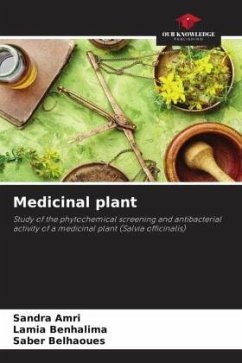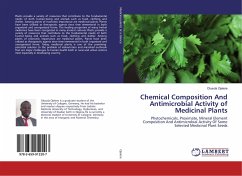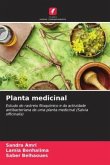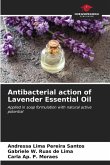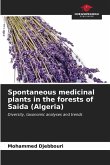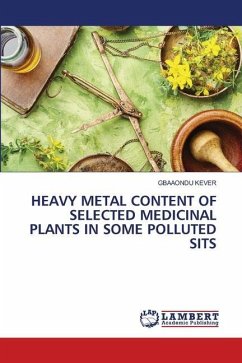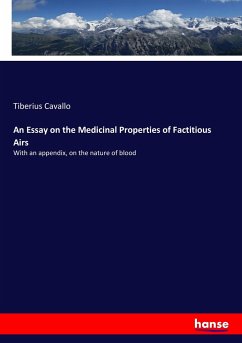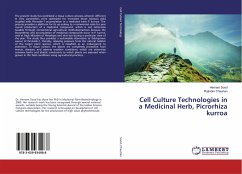Our work concerns the study of the phytochemistry and the evaluation of the antibacterial activity of a medicinal plant (Salvia officinalis) against 3 reference strains: Escherichia coli ATCC 25922, Pseudomonas aeruginosa ATCC 27853, Staphylococcus aureus ATCC25923. The results obtained from the phytochemical screening, indicate the presence of alkaloids, reducing compound, flavonoids, polyphenols, saponosides, sterols, tannins, and terpenoids. The antibacterial effect of the extract depends on the quantity of the extract, from 40 mg, the extract can inhibit the growth of the 3 bacterial strains. The minimum inhibitory activity of the extract was revealed at a concentration of 40 mg/ml for Escherichia coli and 60 mg/ml for Pseudomonas aeruginosa and Staphylococcus aureus. The comparison of the BMC / MIC ratio of the reference strains to the intrinsic values of the bioactive molecules, allows to indicate that this extract presents a bactericidal effect towards the 3 reference strains.
Bitte wählen Sie Ihr Anliegen aus.
Rechnungen
Retourenschein anfordern
Bestellstatus
Storno

